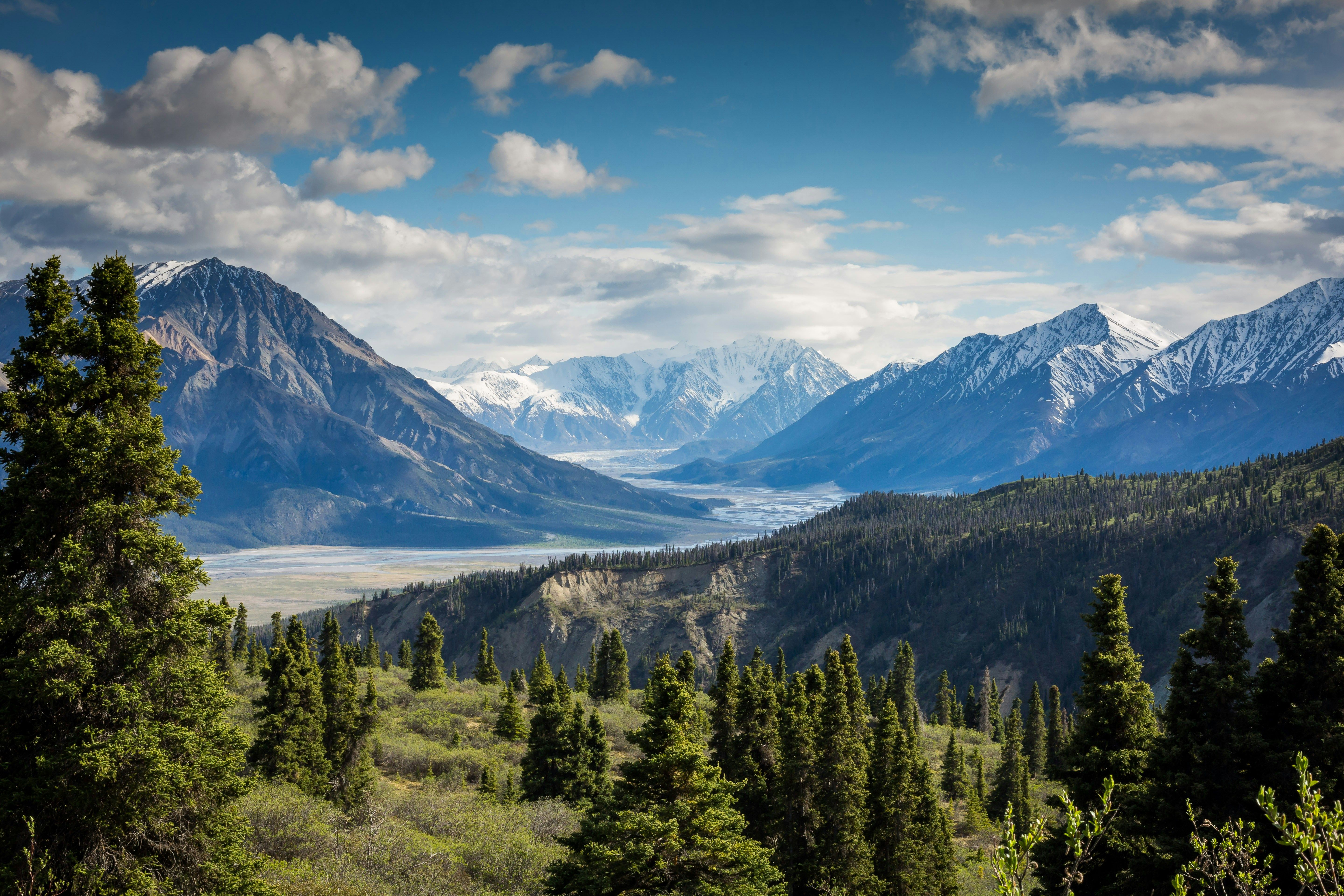Joe Rogan and Others Slam Pierre Poilievre's Media Strategy During Canadian Election
Joe Rogan, a prominent right-wing podcaster, claims that Pierre Poilievre wouldn't appear on his show, joining a chorus of critics questioning Poilievre's media strategy during the Canadian election.
Pierre Poilievre declined an invitation from Joe Rogan, which has led to some strained relations.
Joe Rogan, the popular podcast host with almost 20 million subscribers on YouTube, criticized Pierre Poilievre in a recent podcast episode, calling out the Conservative leader for dismissing alternative media outlets like his during the election campaign.
Apparently, Poilievre declined Rogan's request for an interview, stating that the podcast was "too problematic." This rejection isn't unusual for Poilievre, as several right-leaning YouTubers and podcasters have reported similar experiences.
J.J. McCullough, a conservative YouTuber with nearly a million subscribers, also expressed disappointment over being ignored by Poilievre. Despite reaching out to Poilievre multiple times and even having interviews with him in the past, McCullough claims he was ultimately ghosted by the Conservative leader's team.
The media strategy of Pierre Poilievre during the election raised many eyebrows, particularly due to his minimal engagement with mainstream media. At his campaign events, only pre-selected reporters were allowed four questions, and reporters were not allowed on his campaign plane at all. This move angered some journalists and media outlets, making it difficult to track the leader's movements and announcements.
However, Poilievre's campaign did hold round tables with diaspora and ethnic news outlets, as well as alternative and smaller channels. But it's his rejection of right-wing media that has drawn the most criticism.
A loss during the Canadian election, an upset no one could have predicted just a few months ago, and Poilievre's loss in his own seat have brought his media strategy under scrutiny. Some, like Tim Powers, a former adviser to Conservative political leaders, believe Poilievre's decision to avoid right-wing media was deliberate and good judgment, as it might have been perceived as aligning with the Trump or anti-vaxxer world.
Nonetheless, the situation has sparked a debate about the influence of the right-wing media sphere and its potential impact on elections. During the 2020 U.S. election, Donald Trump's political comeback was partly associated with the network of ascendant YouTube and podcast stars who had spread his message far and wide.
Conservative critics argue that these online commentators might have been too extreme or prone to embarrass Poilievre. Yet, others, like J.J. McCullough, believe they could have posed insightful and sincere questions for the leader. According to McCullough, being ignored by Poilievre raised questions about the leader's suspicion of alternative media and his willingness to engage with different ideologies.
As right-wing media influences continue to grow, the impact of Poilievre's strategy will remain a topic of discussion, particularly since it seems to have played a role in his eventual loss. For many in the right-leaning media, having the Conservative party turn a blind eye feels like a disappointing betrayal of their support.
References:[1] Jones, C. (2021). Canada's Conservative leader tried to emulate Trump's media strategy. The Guardian. Retrieved from https://www.theguardian.com/world/2021/oct/04/canadas-conservative-leader-tried-to-emulate-trumps-media-strategy
[2] Clark, G. (2021). The election that wasn't supposed to happen. The Globe and Mail. Retrieved from https://www.theglobeandmail.com/canada/article-the-election-that-wasnt-supposed-to-happen/
[3] Watt, R. (2021). Conservative's misguided message led to shock win for Liberals. The Washington Post. Retrieved from https://www.washingtonpost.com/politics/2021/09/21/conservatives-misguided-message-led-shock-win-liberals/
- Joe Rogan, a Canadian politics critic, harshly criticized Pierre Poilievre for dismissing alternative media outlets like his during the election campaign, joining a chorus of skeptics questioning Poilievre's media strategy.
- Some reporters feel angry and perplexed about Poilievre's minimal engagement with mainstream media, making it difficult to track the leader's movements and announcements.
- In an election filled with surprises, Poilievre's rejection of right-wing media, such as Joe Rogan and J.J. McCullough, has drawn scrutiny and sparked a debate about the influence of the right-wing media sphere.
- Emulating Trump's media strategy proved to be problematic for Poilievre, as the Conservative leader didn't appear on Joe Rogan's podcast and ignored several right-leaning YouTubers and podcasters.
- The environmental policy, business, and general-news sectors wonder about the potential impact of Poilievre's strategy on Canada's political landscape, given the increasing dominance of right-wing media in shaping public opinions and discourse.
- The media strategy of Pierre Poilievre during the Canadian election, characterized by avoiding social-media platforms, has raised questions about the Conservative leader's willingness to engage with a broader range of perspectives and ideologies.
- If Poilievre sought to avoid any association with controversial figures in the right-wing media world, critics argue that he might have alienated a significant segment of the Canadian electorate.
- Canadian politics continues to observe an evolving media landscape, where entertainment, business, and radical politics seem to intertwine, shaping the discourse and elections in Canada.
- Pierre Poilievre's media strategy could serve as a case study for political parties in the future, demonstrating the complexities of navigating the influence of the right-wing media sphere during election campaigns.







